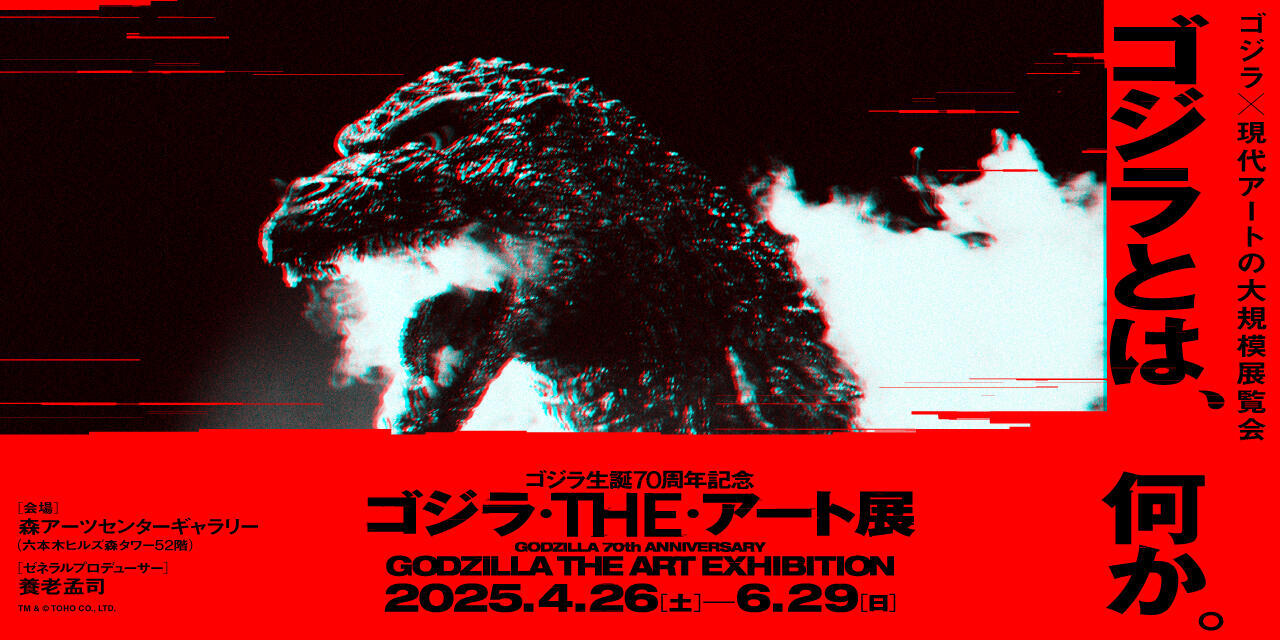The Ocean View Resort
| Artist | : | Miyagi Futoshi (1981-) |
|---|---|---|
| Nationality | : | Japan |
| Year | : | 2013 |
| Material | : | Video, color, sound |
| Size | : | 19 min. 25 sec. |
Miyagi Futoshi moved to the United States in 2001 and began working as an artist while studying in New York. His work confronts his memories and experiences of his native Okinawa, exploring national, racial, and gender identity through moving image, photography, installation, text, and other mediums. One of his major works is the “American Boyfriend” series, which asks whether it is possible for an Okinawan and American man to fall in love in Okinawa.
Part of the “American Boyfriend” series, The Ocean View Resort is a video work about Miyagi’s own memories and the history and politics of Okinawa. Told entirely by Miyagi, the story begins with the narrator returning to the remote Okinawan island where he is from and reuniting with his male friend Y, with whom he was in love during his teenage years. They are at a beach where the titular resort, a desolate hotel for tourists, stands. As they walk along the beach, Y begins talking about incidents from the Pacific War, such as the massacre of residents by Japanese soldiers immediately after the end of the Pacific War, and the guerrilla fighting that unfolded when the American forces landed on Okinawa. As the footage continues, the narration shifts to a Japanese POW during the war, relating his experience of sharing a moment of intimacy with an American soldier as they listened to a Beethoven string quartet on different sides of the prison camp fence. Layered over these memories is the narrator’s own reminiscence of riding home at night after a festival on the back of Y’s bicycle.
The Ocean View Resort shuttles between the pre- and postwar eras, depicting the relationship between Japan and the United States that shifts over the course of these periods. Running throughout is the male intimacy that the warfare or politics between the two nations never evinced but which nonetheless existed. In this work, Miyagi reflects not only on his own identity but also on sexuality and the problematic nature of postwar Okinawa.
-

Miyagi FutoshiThe Ocean View Resort2013Video, color, sound19 min. 25 sec.
Miyagi FutoshiThe Ocean View Resort2013Video, color, sound19 min. 25 sec.
The Ocean View Resort
| Artist | : | Miyagi Futoshi (1981-) |
|---|---|---|
| Nationality | : | Japan |
| Year | : | 2013 |
| Material | : | Video, color, sound |
| Size | : | 19 min. 25 sec. |
Miyagi Futoshi moved to the United States in 2001 and began working as an artist while studying in New York. His work confronts his memories and experiences of his native Okinawa, exploring national, racial, and gender identity through moving image, photography, installation, text, and other mediums. One of his major works is the “American Boyfriend” series, which asks whether it is possible for an Okinawan and American man to fall in love in Okinawa.
Part of the “American Boyfriend” series, The Ocean View Resort is a video work about Miyagi’s own memories and the history and politics of Okinawa. Told entirely by Miyagi, the story begins with the narrator returning to the remote Okinawan island where he is from and reuniting with his male friend Y, with whom he was in love during his teenage years. They are at a beach where the titular resort, a desolate hotel for tourists, stands. As they walk along the beach, Y begins talking about incidents from the Pacific War, such as the massacre of residents by Japanese soldiers immediately after the end of the Pacific War, and the guerrilla fighting that unfolded when the American forces landed on Okinawa. As the footage continues, the narration shifts to a Japanese POW during the war, relating his experience of sharing a moment of intimacy with an American soldier as they listened to a Beethoven string quartet on different sides of the prison camp fence. Layered over these memories is the narrator’s own reminiscence of riding home at night after a festival on the back of Y’s bicycle.
The Ocean View Resort shuttles between the pre- and postwar eras, depicting the relationship between Japan and the United States that shifts over the course of these periods. Running throughout is the male intimacy that the warfare or politics between the two nations never evinced but which nonetheless existed. In this work, Miyagi reflects not only on his own identity but also on sexuality and the problematic nature of postwar Okinawa.






